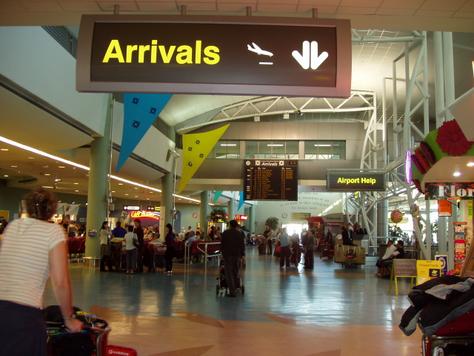Close to 500 visa applications from Indian couples declined by Immigration New Zealand will be re-assessed, following complaints to the Ombudsman.
The immigration authority had wrongly turned down the visa applications of the partners of Indian migrants, the Ombudsman found.
The investigation was caused by 14 complaints against Immigration NZ’s offices in New Delhi and Mumbai.
The immigration department has accepted the Ombudsman’s findings that the staff had put too much weight on ensuring applicants had incentives to return home.
The immigration department has contacted all potentially affected applicants and informed them if they were eligible for reassessment, says INZ area manager Michael Carley.
The New Zealand Immigration department has set up “a dedicated team of immigration officers not involved in any previous decisions relating to the cases” for the reassessment process.
INZ has also decided to reassess these applications “as a matter of priority by dedicated specialists” in India. INZ has also provided extra staff training.

However, INZ’s handling of these cases was not taken lightly by immigration advisers and New Zealand’s leading professional association for immigration specialists, the New Zealand Association for Migration and Investment (NZAMI) who had made complaints to the Ombudsman.
These complaints related to cases where applicants were declined temporary entry class visas “despite appearing to comply with the requirements”, a statement from NZAMI said. “All were partners of student or work visa holders already here in New Zealand.”
Immigration New Zealand is currently notifying the 480 applicants who may have been affected to advise them of the review process and possible reassessment of their case or refunding of fees paid.
The initial assessments in India were very badly handled, says NZAMI chairperson, Walter Stone. “They show a lack of training and bias. This reflects poorly on Immigration New Zealand.â€
“These potential migrants have applied for visas because our immigration policies allow for partners of foreign students and workers to come to New Zealand to join them.
“In the majority of cases the student partner has already come to New Zealand and invested tens of thousands of dollars in an education here.
Walter believes that the situation is worse for applications processed in India. “Partners applying through the Indian branches have been declined at much higher rates than through other branches, including China.
“It is precisely this inconsistent and poor decision-making that impacts very negatively on the reputation of New Zealand as a migrant destination – not to mention the cost to taxpayers of re-opening over 480 cases.â€
The adverse outcomes of these applications seem to contradict with the government’s recently announced plans to encourage growth in education sector.
Tertiary Education, Skills and Employment Minister Steven Joyce had recently reiterated New Zealand’s commitment to international education which contributes $2.6 billion a year to NZ economy and 28,000 jobs for New Zealanders. “Plus it helps build strong linkages with the countries that are our trading future,†the minister had said.
Walter believes that allowing partners to join international students is a great way for New Zealand’s education sector to market courses to overseas students who pay around three times the fees of national students.
“Many of those students then go on to contribute through gaining skilled employment and working their way to becoming NZ residents,†says Walter.
Let us know if you were affected by an adverse immigration decision.
Check your eligibility to get a visa to New Zealand, on the Immigration NZ website.
For US visa applicants too, the process to obstaining a visa and staying with the spouse in the U.S. is not easy.
“You’re engaged or married to a U.S. citizen or permanent resident, and all you want is the right to be together in the U.S. Should be easy, right? It’s not,” says Ilona Bray J.D., author of “Fiancé & Marriage Visas: A Couple’s Guide to US Immigration”.
“Information can be hard to find, the government bureaucracy isn’t helpful, delays are inevitable.”
To help prospective US visa applicants, Ilona wrote the book Finance and Marriage Visas which attempts to make obtaining a visa and green card as painless as possible. “It helps you make sure you’re truly eligible and decide the fastest and best application strategy — whether you’re married or unmarried, living in the U.S. or overseas.
Buy now your copy from Amazon: “Fiancé & Marriage Visas: A Couple’s Guide to US Immigration” (Affiliate link.)

Leave a Reply